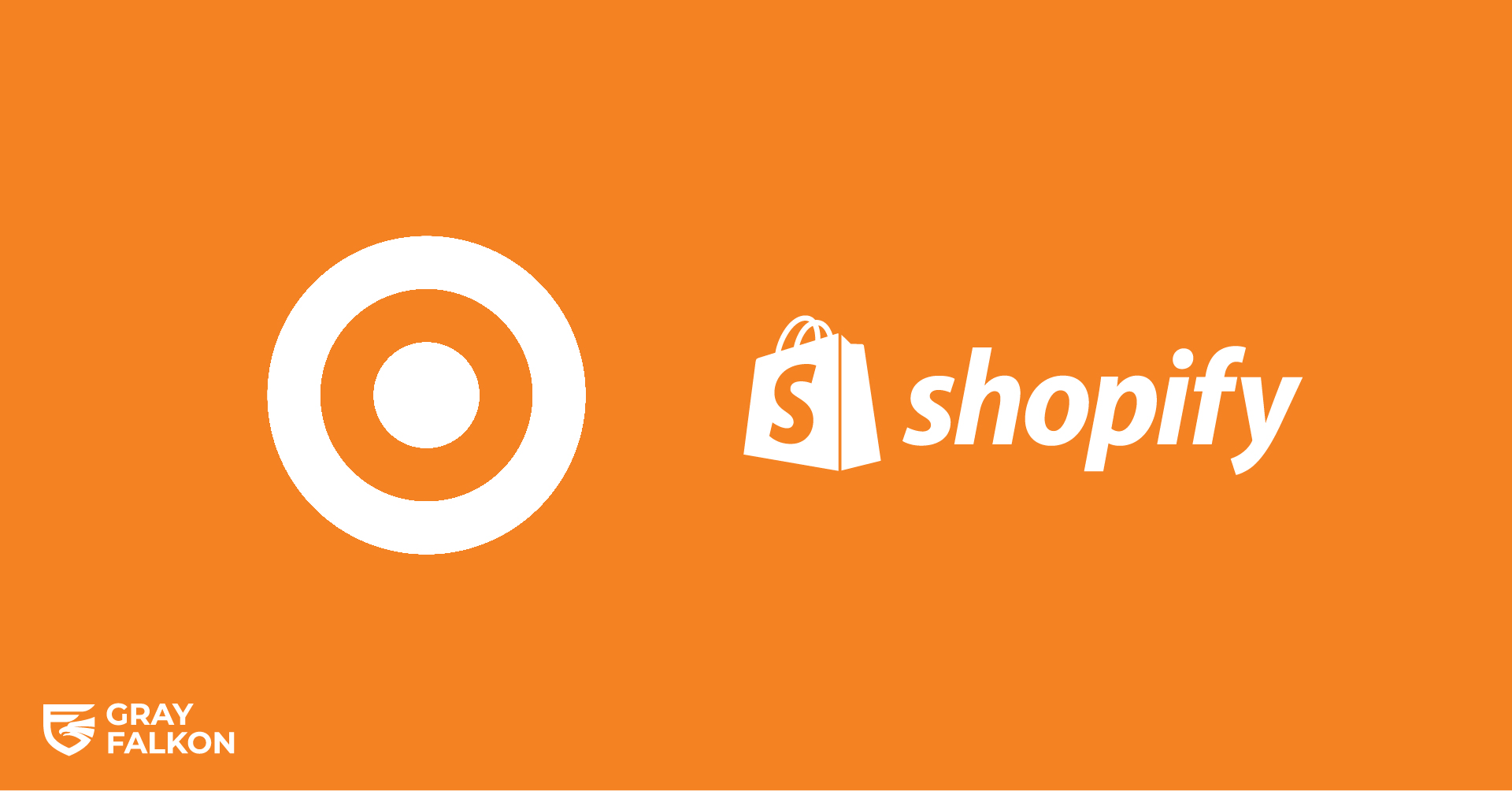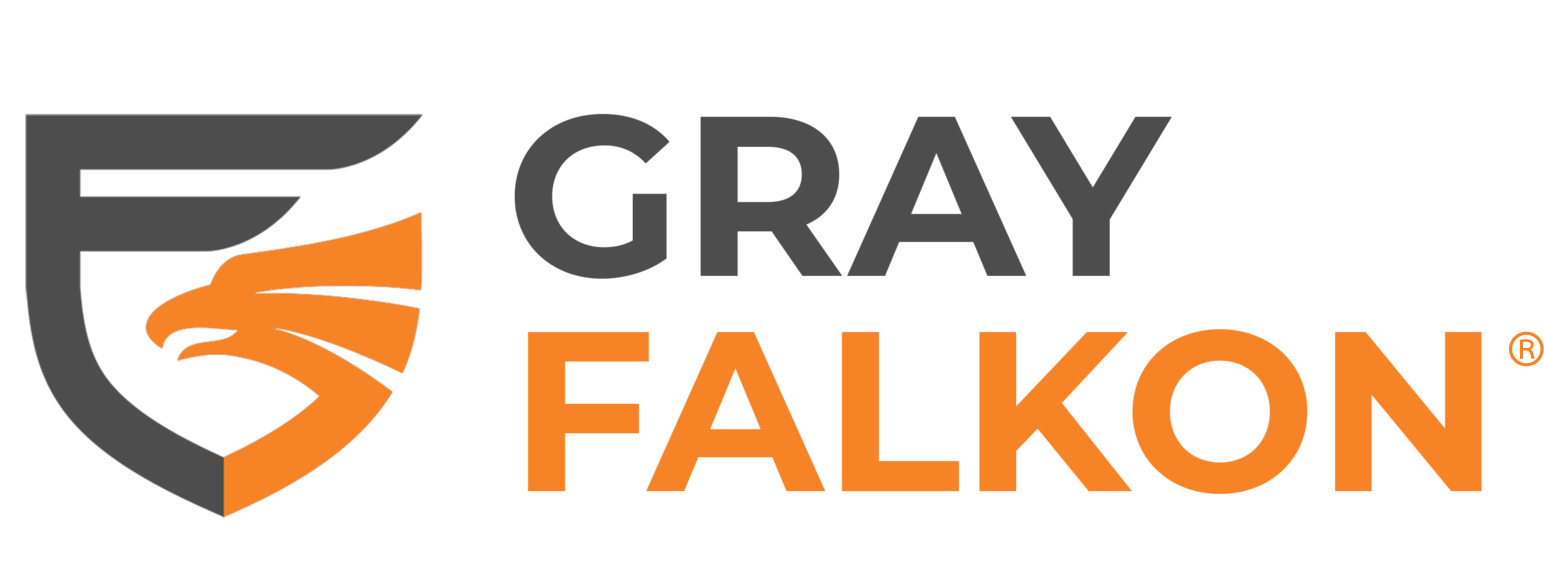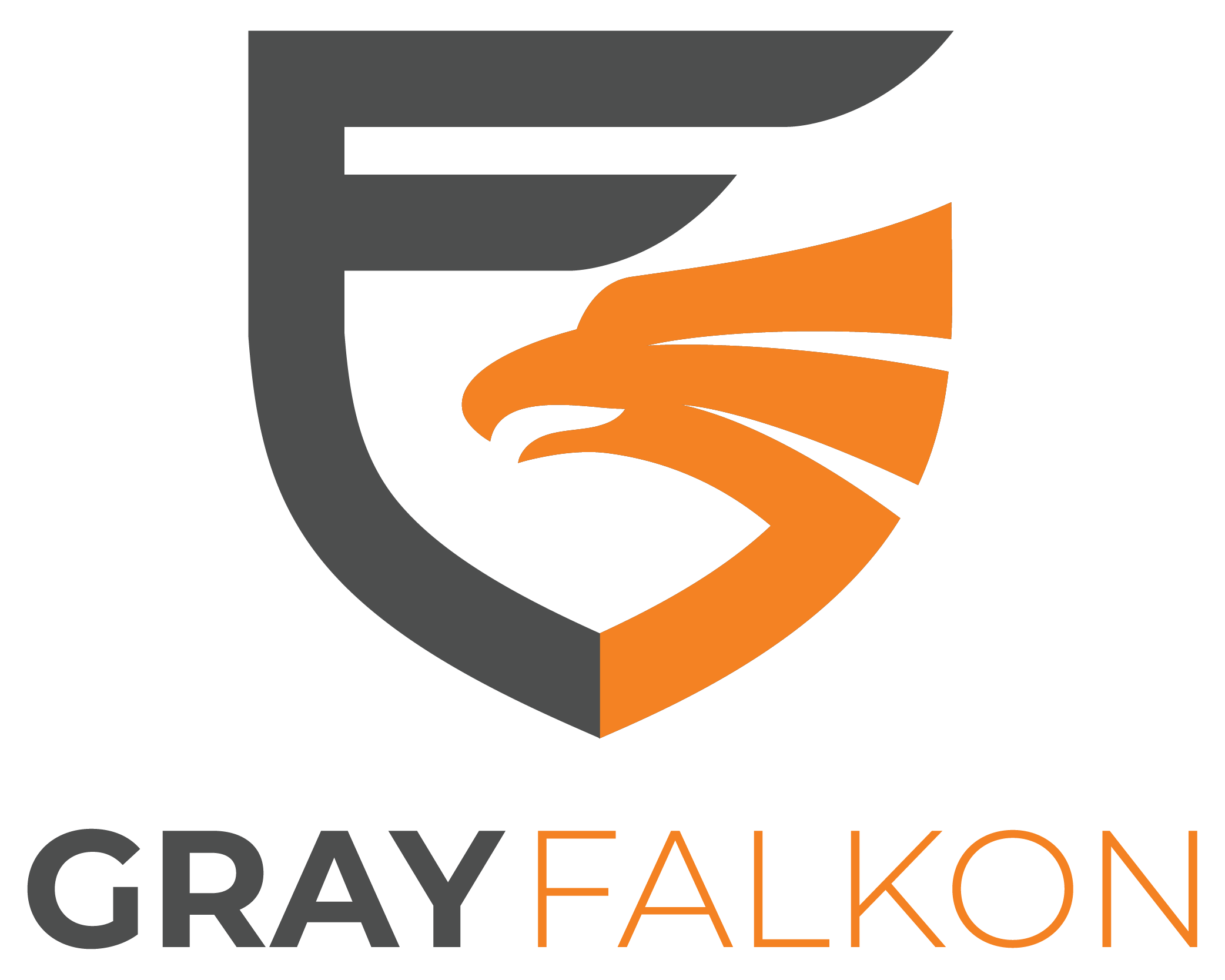
In a significant move to bolster its eCommerce presence, Target has partnered with Shopify to expand its third-party marketplace, Target Plus. This strategic alliance aims to enhance Target’s online shopping experience, providing a broader, yet still curated, selection of products and offering new opportunities for small and medium-sized businesses (SMBs) to reach Target’s extensive customer base. As the retail landscape becomes increasingly competitive, this partnership is poised to play a crucial role in positioning Target as a formidable player in the eCommerce market, competing more effectively with giants like Amazon and Walmart.
Target’s Current Marketplace
Despite Target’s significant presence in the retail sector, its online marketplace has struggled to compete with giants like Amazon and Walmart. While Target has made substantial progress in its eCommerce efforts, generating approximately 20% of its $105.8 billion in total sales from online transactions last year, this still pales in comparison to Amazon’s and Walmart’s formidable eCommerce figures. Amazon’s eCommerce revenue reached a staggering $574.8 billion, and Walmart generated around $100 billion in online sales in 2023.
Target’s current online marketplace offers a relatively limited selection compared to its larger competitors. While Amazon and Walmart have extensive third-party seller networks that contribute to their vast product assortments, Target’s marketplace remains smaller and less diverse. This limited selection can deter customers who are looking for a one-stop-shop experience, which Amazon and Walmart are well-equipped to provide. Although Target isn’t necessarily focused on becoming a one-stop-shop, they are looking to increase the number of products in their curated digital marketplace.
Why Target Partnered with Shopify
Target’s decision to partner with Shopify is a strategic move aimed at strengthening its position in the highly competitive eCommerce market. There are several key reasons behind this partnership:
Enhancing eCommerce Capabilities
Target has been steadily growing its online sales, but it still lags behind industry leaders like Amazon and Walmart. By partnering with Shopify, Target can leverage Shopify’s extensive eCommerce infrastructure and expertise. This collaboration allows Target to expand its marketplace with a hand-selected assortment of new and on-trend products quickly and efficiently. The partnership is designed to make Target’s curated online marketplace more robust and competitive, offering consumers a wider variety of products and a more seamless shopping experience.
Attracting Small and Medium-Sized Businesses
One of the primary goals of this partnership is to attract small and medium-sized businesses (SMBs) to Target’s marketplace. Shopify is well-known for its focus on SMBs, providing them with the tools and platforms needed to succeed in eCommerce. By integrating Shopify’s seller base into its own platform, Target can significantly increase the diversity and volume of products available to its customers. This influx of new sellers and products can help Target attract more shoppers, driving higher sales and enhancing customer satisfaction.
Competing with Amazon and Walmart
The eCommerce market is dominated by Amazon and Walmart, both of which have extensive third-party marketplaces. Target’s online marketplace, in comparison, is relatively small, partially by choice. By partnering with Shopify, Target aims to close this gap and offer exceptional quality products that can’t always be found on Amazon and Walmart. The expanded marketplace can help Target capture a larger share of the eCommerce market, drawing in customers who might otherwise shop with its larger competitors.
Improving Customer Experience
A key component of this partnership is improving the overall customer experience on Target’s online platform. Shopify’s technology and infrastructure can help streamline the shopping process, making it easier for customers to find and purchase products. Additionally, Shopify’s expertise in eCommerce can help Target optimize its website and mobile app, improving functionality and user experience. A better shopping experience can lead to increased customer loyalty and higher sales.
Driving Innovation and Growth
The partnership with Shopify is also about driving innovation and future growth. By collaborating with a leading eCommerce platform, Target can stay at the forefront of technological advancements and industry trends. This collaboration allows Target to experiment with new features and services, continuously improving its marketplace and adapting to changing consumer demands. The ability to innovate and grow is crucial for maintaining competitiveness in the fast-paced eCommerce landscape.
Target’s partnership with Shopify is a strategic initiative aimed at enhancing its eCommerce capabilities, attracting SMBs, competing more effectively with Amazon and Walmart, improving customer experience, and driving innovation and growth. This partnership positions Target to better meet the needs of today’s digital consumers and thrive in the evolving eCommerce market.
Opportunities and Challenges for Sellers
The partnership between Target and Shopify presents significant opportunities for sellers, but it also comes with certain challenges that need to be navigated carefully.
Opportunities for Sellers
Increased Market Reach
By joining Target’s marketplace through Shopify, sellers can access Target’s extensive customer base. Target’s established brand reputation and wide-reaching consumer network provide sellers with a valuable platform to showcase their products. This increased exposure can lead to higher sales volumes and expanded market presence, especially for small and medium-sized businesses (SMBs) that may have previously struggled to gain visibility.
Enhanced Credibility and Trust
Being associated with a reputable retailer like Target can enhance a seller’s credibility. Consumers are more likely to trust products sold on Target’s platform, which can lead to increased sales and customer loyalty. This trust is crucial for SMBs looking to establish and grow their brands in the competitive eCommerce space.
Integrated eCommerce Solutions
Shopify’s robust eCommerce solutions, integrated with Target’s marketplace, offer sellers a seamless selling experience. Shopify provides comprehensive tools for inventory management, order processing, and customer service, allowing sellers to manage their operations efficiently. This integration simplifies the selling process, enabling sellers to focus more on their core business activities.
Access to Target’s Promotional Campaigns
Sellers on Target’s marketplace can benefit from participating in Target’s promotional campaigns. These campaigns can drive significant traffic to their listings, increasing the chances of sales. Additionally, sellers can leverage Target’s marketing efforts to enhance their own brand visibility and reach a broader audience.
Physical Store Presence
One of the unique benefits of this partnership is the potential for Shopify merchants to have their products featured in Target’s physical stores. This opportunity can significantly boost brand visibility and sales, providing an additional channel for reaching customers who prefer in-store shopping.
Challenges for Sellers
Selective Inclusion
Target’s marketplace is invite-only, meaning not all Shopify merchants will be eligible to join. This selective process ensures quality and consistency but may limit opportunities for some sellers. Those who are invited will need to meet Target’s high standards and align with its brand values.
Competition with Established Brands
One of the primary challenges for sellers on Target’s marketplace is the competition with established brands. Larger brands often have more resources for marketing, better economies of scale, and established customer loyalty. New sellers will need to differentiate their offerings and provide exceptional value to stand out in this competitive environment.
Quality and Compliance Standards
Maintaining high-quality standards and complying with Target’s policies can be challenging for some sellers. Target is likely to have stringent requirements to ensure a consistent and positive customer experience. Sellers must ensure that their products meet these standards to avoid potential issues such as listing removals or account suspensions.
Adapting to New Technologies and Processes
Integrating with a new platform like Target’s marketplace requires sellers to adapt to new technologies and processes. This transition can be complex and time-consuming, requiring a learning curve. Sellers must invest time and effort to understand the new system and optimize their operations accordingly.
While the partnership between Target and Shopify offers significant opportunities for sellers to expand their market reach and enhance their credibility, it also presents challenges that need to be navigated carefully.
Brand Protection on Target
The partnership between Target and Shopify signals a significant shift in the eCommerce landscape, with both companies poised to benefit from their combined strengths. Here’s a look at the future prospects of this collaboration and what it means for sellers, consumers, and the market at large:
Importance of Brand Protection
While unauthorized sellers are not a significant issue on Target’s marketplace at the moment, this could change as the marketplace expands. With more sellers and a broader range of products, the risk of counterfeit goods, unauthorized listings, and policy violations could increase. Effective brand protection will be crucial to maintaining consumer trust and brand integrity. Gray Falkon offers a suite of solutions designed to protect brands from these potential threats:
Comprehensive Monitoring Solutions: Gray Falkon’s AI-powered solution monitors multiple online marketplaces, including Amazon and eBay, and could potentially extend to Target. This ensures that brands have a holistic view of their online presence and can identify and address IP and policy infringements effectively.
Proactive Protection: Our technology automates the detection of unauthorized listings across platforms and marketplaces and creates the necessary arguments and workflows to get marketplaces to take action against unauthorized listings. As eCommerce marketplaces evolve, Gray Falkon’s AI learns and adapts new strategies to improve its effectiveness, ensuring that brands remain protected in the ever-changing digital landscape.
Dedicated Brand Success Strategist: Brands benefit from a dedicated strategist who works closely with them to align protection strategies with their specific needs. This personalized support ensures that brands can navigate the complexities of multiple marketplaces with expert guidance.
Gray Falkon’s Position and Potential Integration
Currently, Gray Falkon does not offer integration with the Target marketplace. However, as Target’s marketplace grows and gains more traction, unauthorized sellers could become a more significant issue. We are closely monitoring these developments and may consider a beta testing phase for integration if there is sufficient demand and potential for value. This future integration would allow Gray Falkon to extend its brand protection and monitoring solutions to Target’s marketplace, providing comprehensive support for brands looking to safeguard their products and reputation across multiple platforms.
As the marketplace grows, Gray Falkon remains committed to offering advanced brand protection solutions that can adapt to these changes, ensuring that brands can thrive in this dynamic environment.
To start protecting your brand on Amazon, Walmart, eBay, and more, schedule a demo today.



